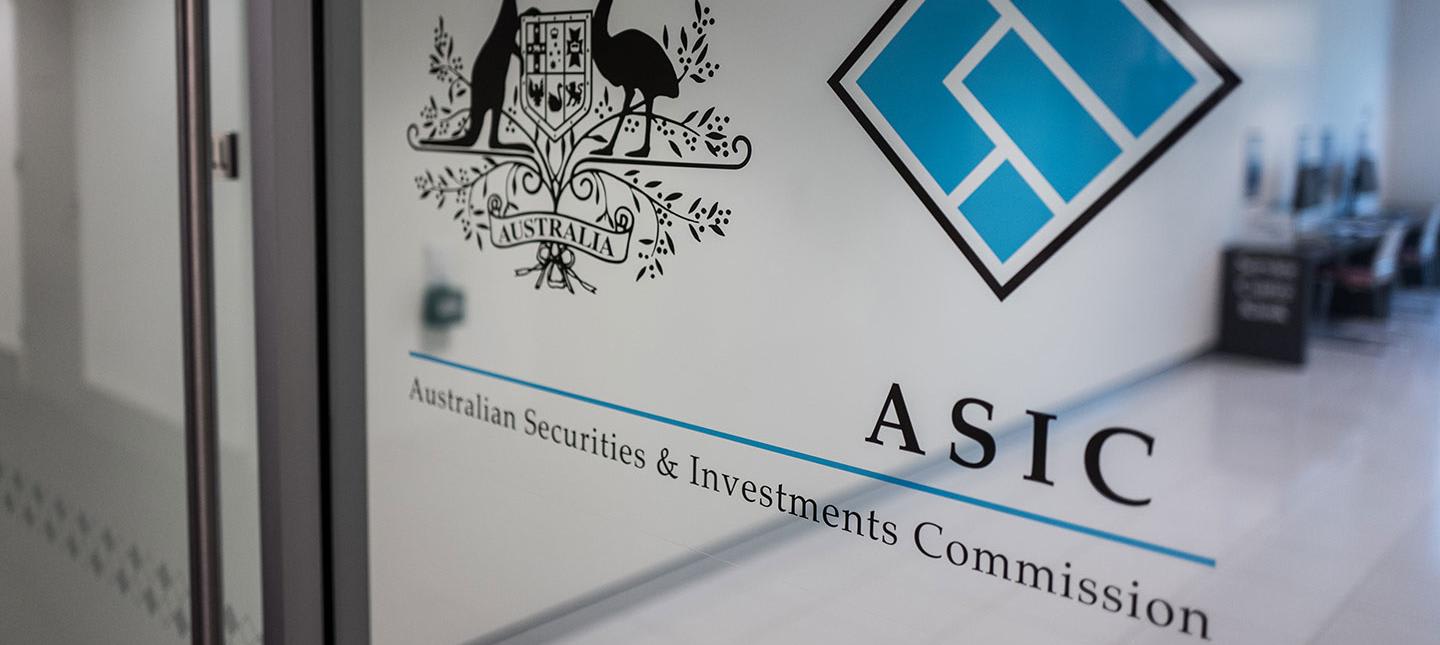
ASIC has extended its product intervention orders on short-term and continuing credit contracts until 2032.
The Australian Securities and Investments Commission (ASIC) has extended its product intervention orders relating to short-term credit and continuing credit contracts in a bid to protect more consumers from these “high-cost lending products”.
The order was first made on 15 July 2022, following the financial regulator’s move to address harms from short-term lending in 2019. It found that these financial products were causing significant harm to retail clients, particularly when combined with high-cost services.
The original order was set to expire on 15 January 2024, having remained in force for 18 months, but new orders have now been brought in to ensure they remain in force until they are revoked or until they sunset on 1 October 2032.
The order, among other things, continues to prohibit short-term credit providers, directors of short-term credit providers, and their associates from causing, authorising, or providing credit to a retail client and imposing or providing for certain fees, interest, and charges paid or payable by a retail client, in relation to a class of financial products, that ASIC was satisfied:
(a) Was and was likely to be, available for acquisition by issue to persons as retail clients.
(b) Had resulted in, and was likely to result in, significant detriment to retail clients.
Speaking of the move to extend the intervention order, ASIC deputy chair Sarah Court said: “Extending these product intervention orders ensures continued protection in the market against these high-cost lending products.
“Predatory lending practices targeting vulnerable consumers are an ongoing priority of ASIC, and we will continue to intervene to address this type of conduct.”
Background to the intervention order
ASIC has previously identified issues in the provision of such credit, leading to significant harm for borrowers facing excessively high costs relative to the loan amount.
The regulator has been particularly concerned about these products being offered to vulnerable clients, including those already experiencing financial difficulties.
The target market for these short-term and continuing credit contracts, ASIC found, often comprised individuals facing financial difficulties. Many of these consumers required loans for basic living expenses and were subjected to substantial fees associated with the financial products.
In August last year, ASIC launched a consultation seeking feedback on proposals to extend both product intervention orders. It emphasised its commitment to overseeing the short-term credit and continuing credit contracts markets and indicated that a shorter extension period would necessitate additional consultation processes, incurring extra costs and efforts for all stakeholders.
ASIC argued that an extension until revocation or sunset would be preferable to a shorter extension period, such as three or five years, to avoid repeated consultation processes and additional costs.
Protecting consumers from predatory lending is one of ASIC’s enforcement priorities this year.
According to the regulator, the provision of used car finance to vulnerable consumers, “which includes misconduct by brokers, car dealers and finance companies” will also be in the regulator’s sights this year.
ASIC’s complete list of enforcement priorities for 2024 are as follows:
- Enforcement action targeting poor distribution of financial products.
- Misleading conduct in relation to sustainable finance including greenwashing.
- High-cost credit and predatory lending practices to consumers and small business.
- Member services failures in the superannuation sector.
- Misconduct resulting in systemic erosion of superannuation balances.
- Insurance claims handling.
- Compliance with the reportable situation regime.
- Conduct impacting small business including small-business creditors.
- Enforcement action targeting gatekeepers facilitating misconduct.
- Misconduct relating to used car financing to vulnerable consumers including brokers, car dealers, and finance companies.
- Compliance with financial hardship obligations.
- Technology and operational resilience for market participants.
[Related: ASIC introduces short-term lending product interventions]
